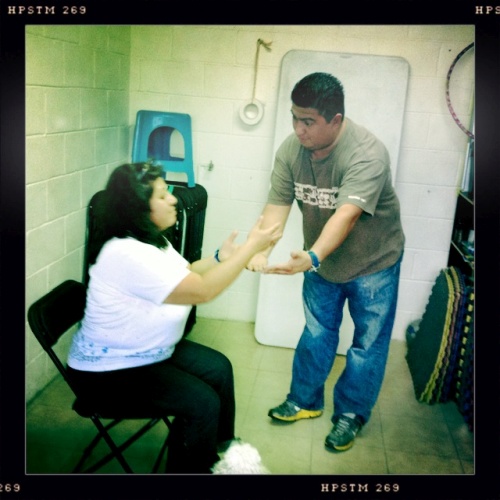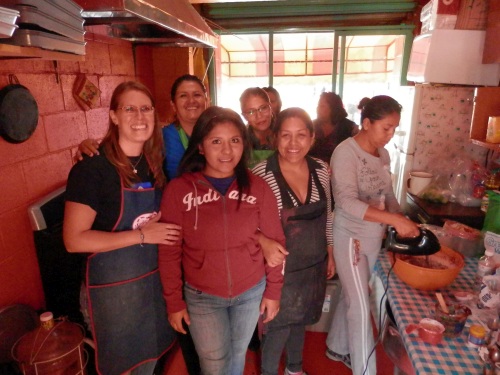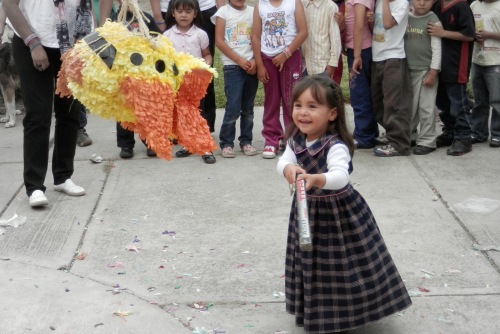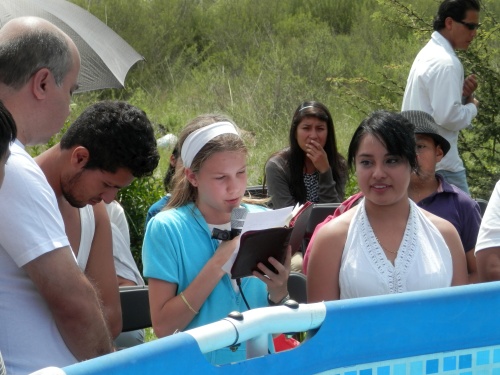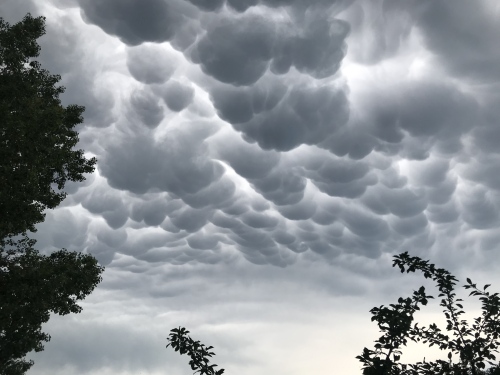In the Middle of Canada
So there we were, right in the middle of Canada, and I decided to ask the dangerous question, “Where are you from?”
No, literally, we were right in the middle of Canada. See?
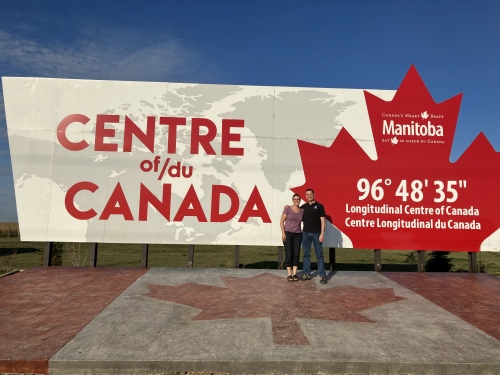
Ok, well, the middle of Canada from east to west, anyway.
We saw another family there, and my Mexico spidey-sense went off, and I asked them where they were from. Sure enough, Mexico! But they now live in Canada. We enjoyed a long chat with this family right there – pulling out our slightly dusty Spanish – right smack-dab in the middle of Canada.
Well, we’ve had all kinds of interesting experiences here in Canada. For two weeks we travelled through Saskatchewan and Manitoba – and finally, at the pinnacle (or at least mid-way point) of our trip, we visited our mission office in Winnipeg, in spite of rain and hail on the last leg. 🙂 We appreciate everything that the folks at Avant do for us! And we’ve had some good times with various people, and did some ministry in a couple of churches.
And by the way, the new friends from the middle of Canada weren’t the only Mexican people we’ve met. We even enjoyed an evening with a Mexican pastor and his American wife, who are planning to go into full-time ministry in Mexico. It’s always an encouragement to hear of more people joining the work of the Kingdom!
And, once in a while, Mexican food has been a part of our travels…
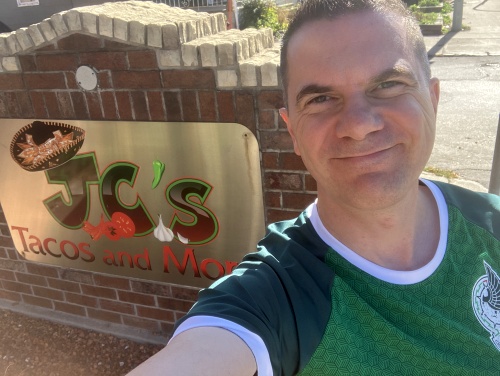
We’re looking forward to some ministry at the Prairie Tabernacle in Three Hills, and will also be returning to Cremona to run the Where did the Bible Come From? seminar. As always, the upcoming events are all here.
In family news, you’ll be glad to hear that my Mom is doing much better after a fall at the end of August!
Without going into all the details – it’s crazy-busy, we very much appreciate your prayers – and that’s all for today!


